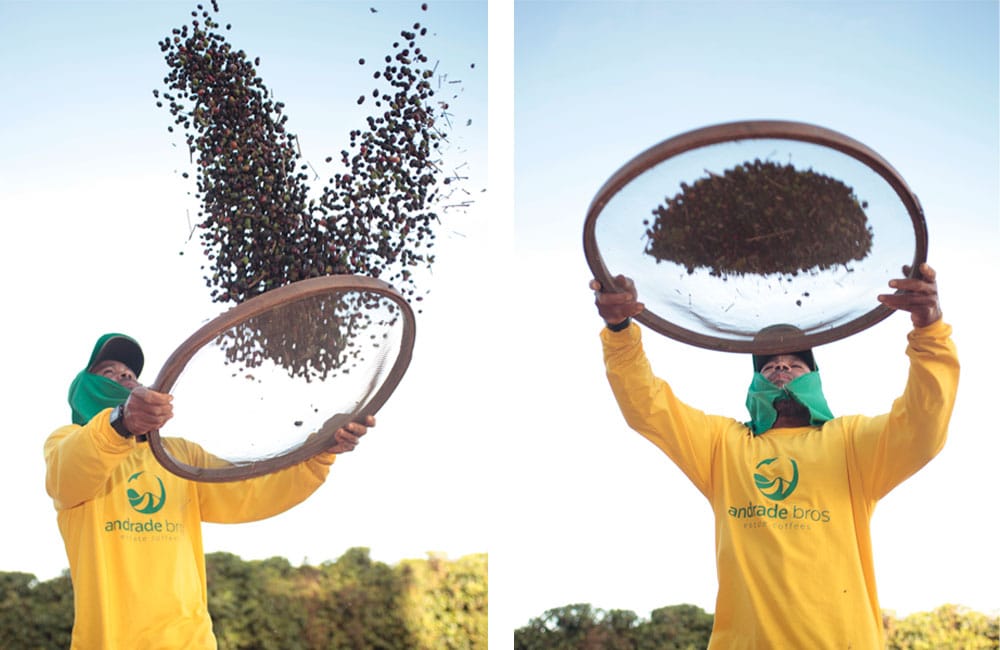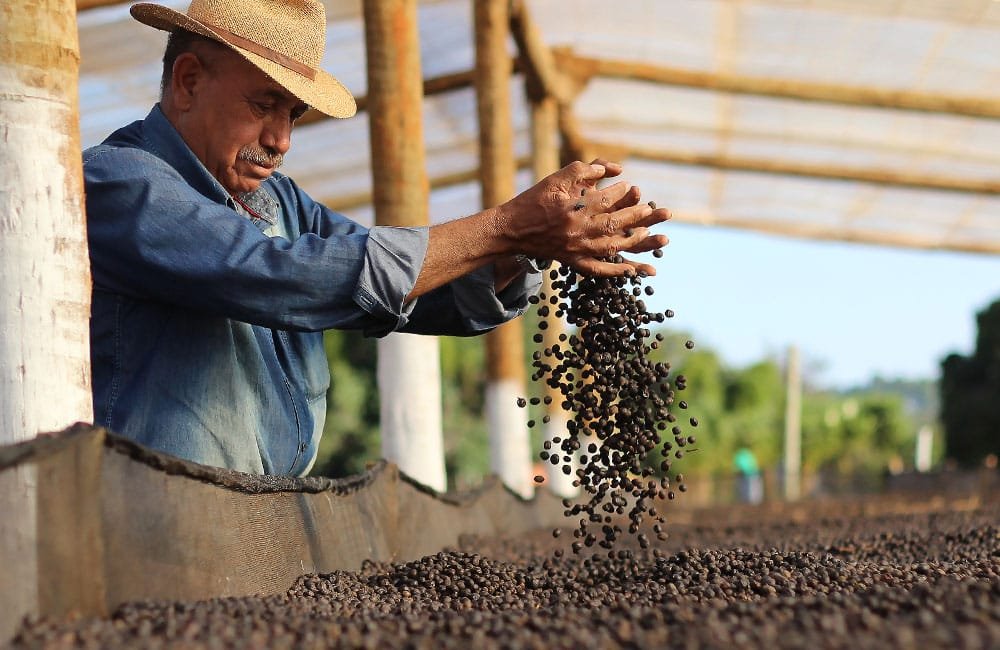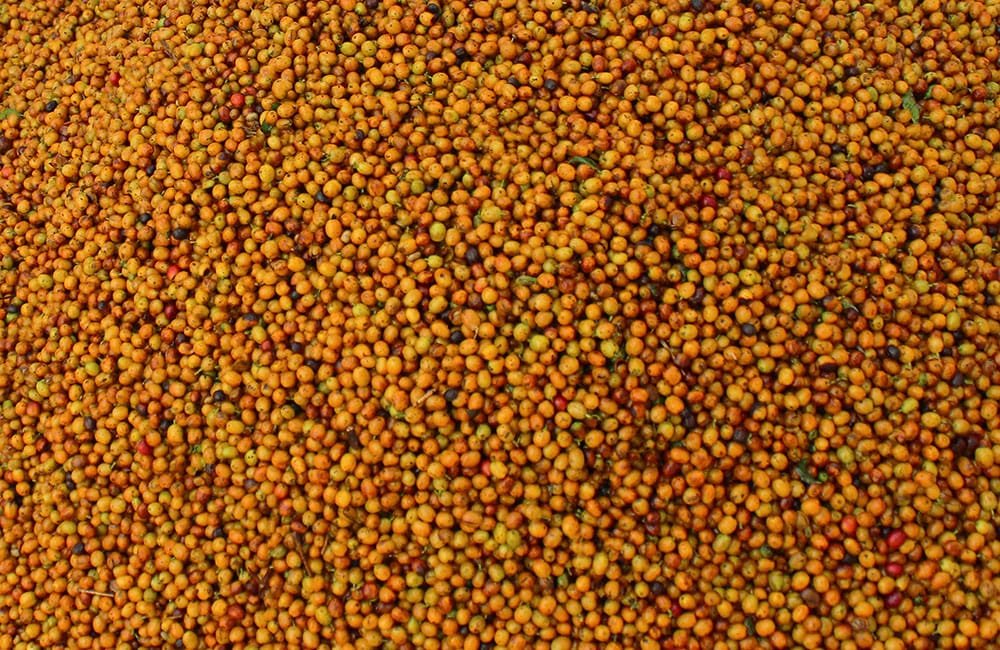| Serra do Salitre | |
| 1.200 masl. | |
| Red Catuaí | |
| Carbonic Maceration natural 168h | |
| Andrade Brothers |
The farm is surrounded by an incredible landscape, a place to stop and reflect while appreciating the extension of the plantations, the Paranaíba River that runs through the farm and the natural beauty of the landscape.
The São Silvestre farm belongs to the Andrade brothers, a family with a long coffee-growing tradition.
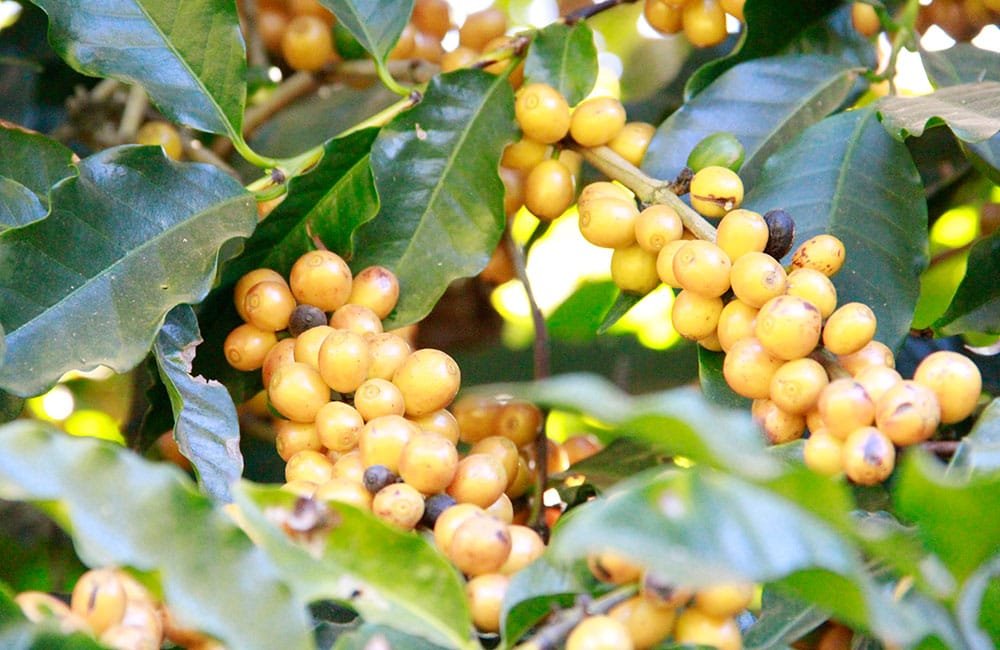
A Little History of the Andrade Family
With the aim of producing high quality coffees, the new generation of the Andrade family established their farms in this region during the 1970s.
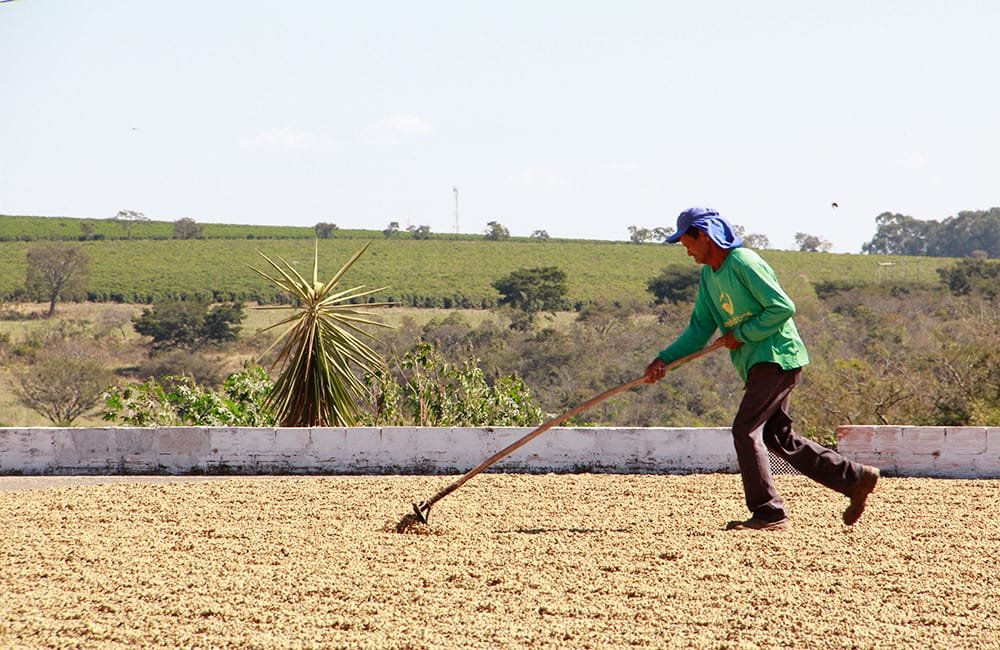
The good conditions of the region, the impeccable management of the crops, the planning and the post-harvest with advanced processes of cherries selection and natural drying, has resulted in excellent quality coffees that have won prizes throughout the world.
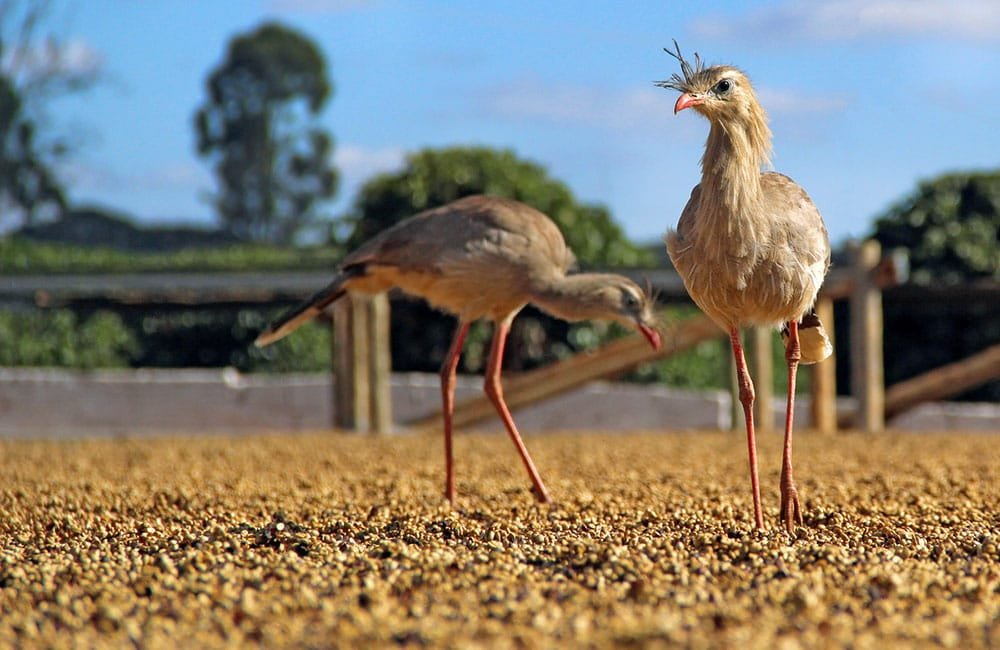
The São Silvestre State
The geographical area in which the farm is located meets the ideal climatic and land conditions for the cultivation of specialty coffee.
It is not strange that it is here where some of the best natural coffees in Brazil are produced.
Carbonic Maceration in coffee
According to Maxwell Colonna-Dashwood, author of The coffee dictionary, fermentation can have a drastic impact on the characteristics of a coffee.
Changes in temperature, time, sugar, and bacteria can produce very different results.
When coffee is fermented for the right amount of time, it can refine qualities like acidity, body, and sugars.
But if the fermentation goes on too long, it usually produces a vinegary taste that reduces its characteristics.
This coffee has been chosen by the producers because it is the most suitable to carry out this fermentation.
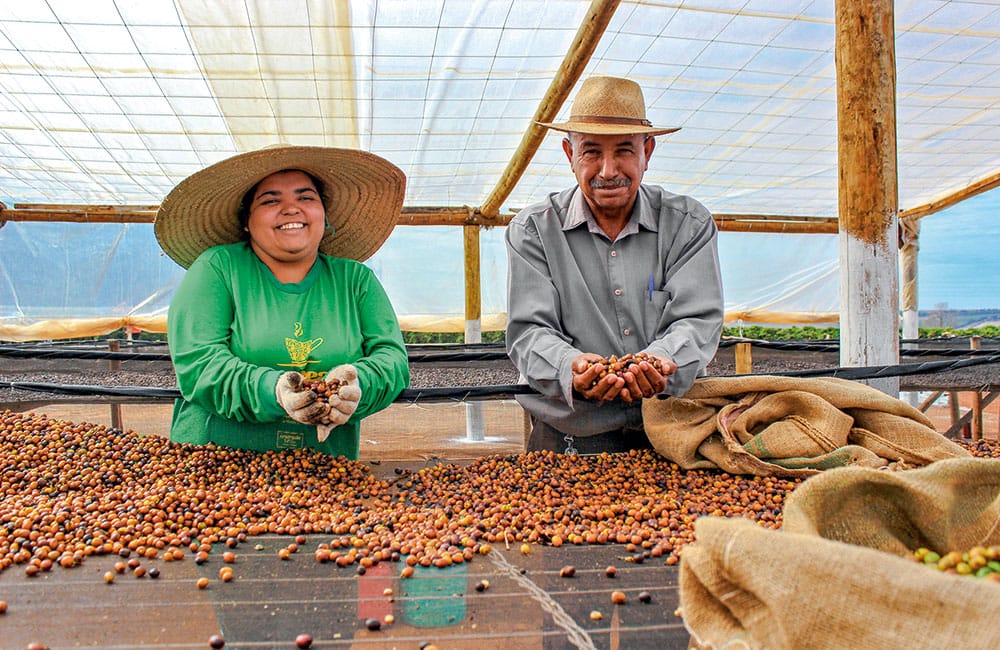
The processing of this lot S.S. Carbonic 168h natural
The variety chosen in this case has been the red Catuaí for the high levels of glucose and fructose it contains, measured with the help of a refractometer.
Only the cherries that are fully ripe should then be picked to ensure that they contain the highest levels of glucose and fructose.
Once picked, the cherries are transported to the washing station on the farm where they are floated and selected for their density.
This separates the cherries that are not ripe enough from those that are.
Once the selection process is complete, the coffee cherries are stored in a stainless-steel bioreactor to ferment in a controlled environment rich in carbon dioxide at a constant temperature of 20 degrees.
In this case, the cherries have been fermented for 168 hours.
The fermentation process, when done correctly, helps enhance the organoleptic profile of the coffee.
After fermentation, the coffee cherries are transported to raised beds where they are allowed to dry slowly (approximately 32 days).
A slow drying process favours greater uniformity in the coffee.
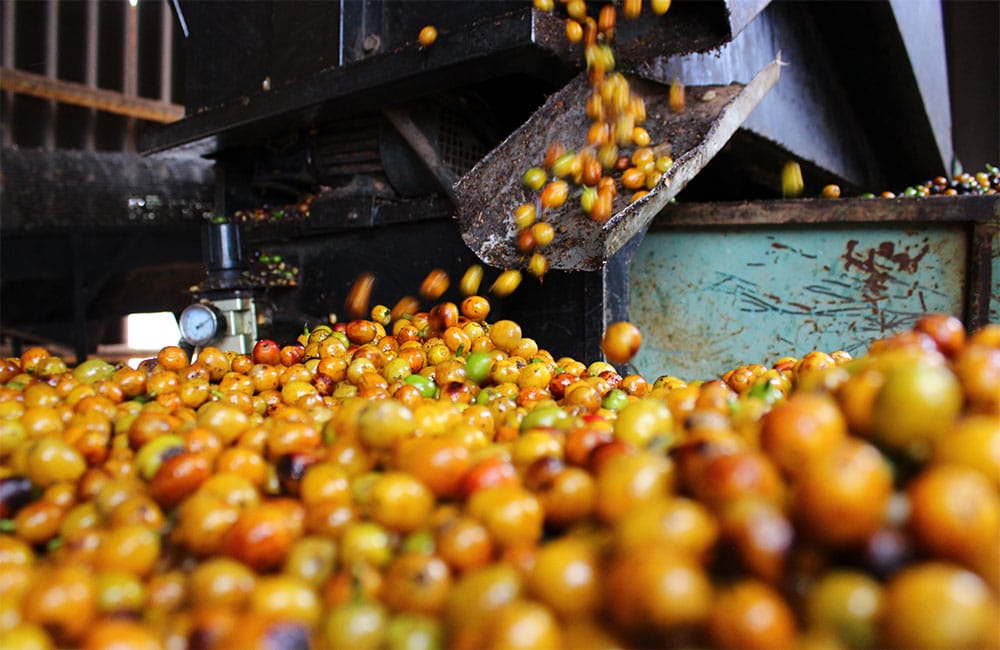
BSCA Foundation
The BSCA supports small coffee producers in the region and helps them increase quality, which improves sustainability.
The association also helps producers find organic coffee importers from around the world.
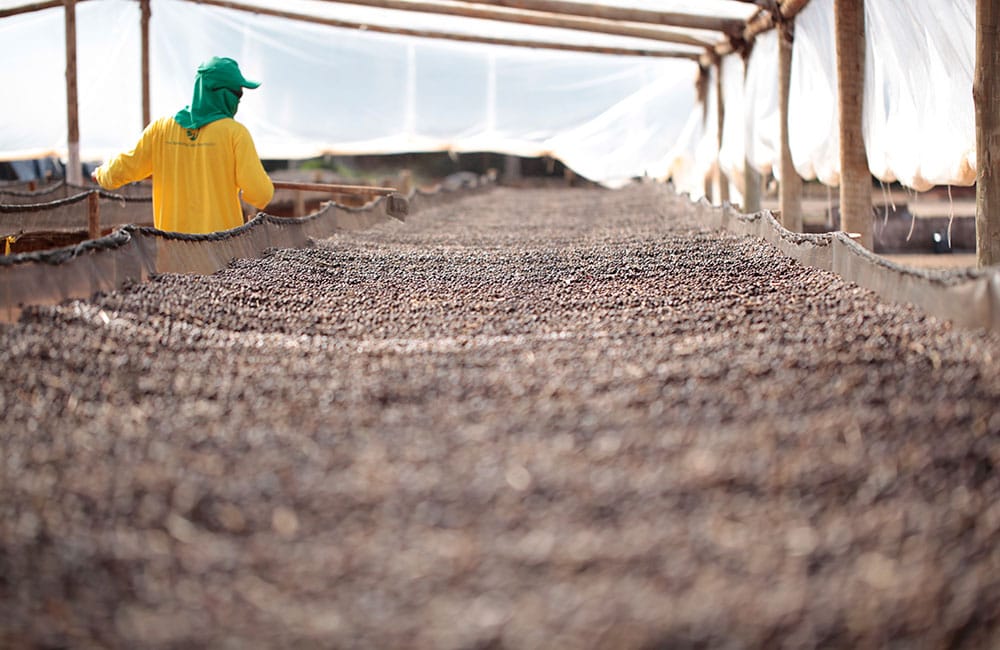
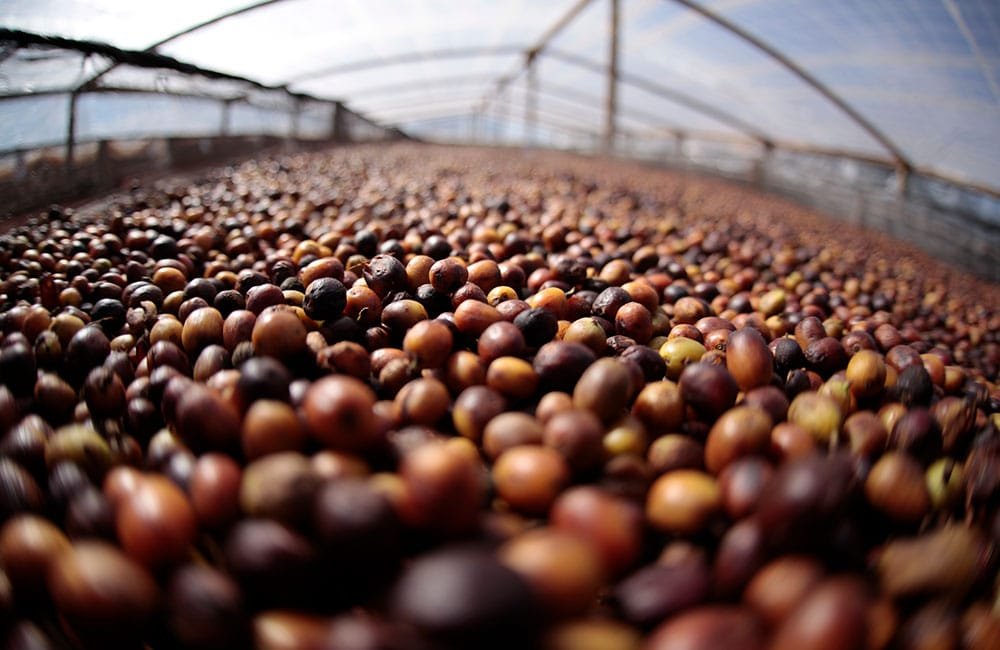
Our relationship with coffee farmers
By establishing long-term relationships, we guarantee a fair price for the farmer year after year, which allows him to invest and focus on the quality of the lots.
A relationship that promotes mutual benefit and the improvement of conditions in the coffee chain.
